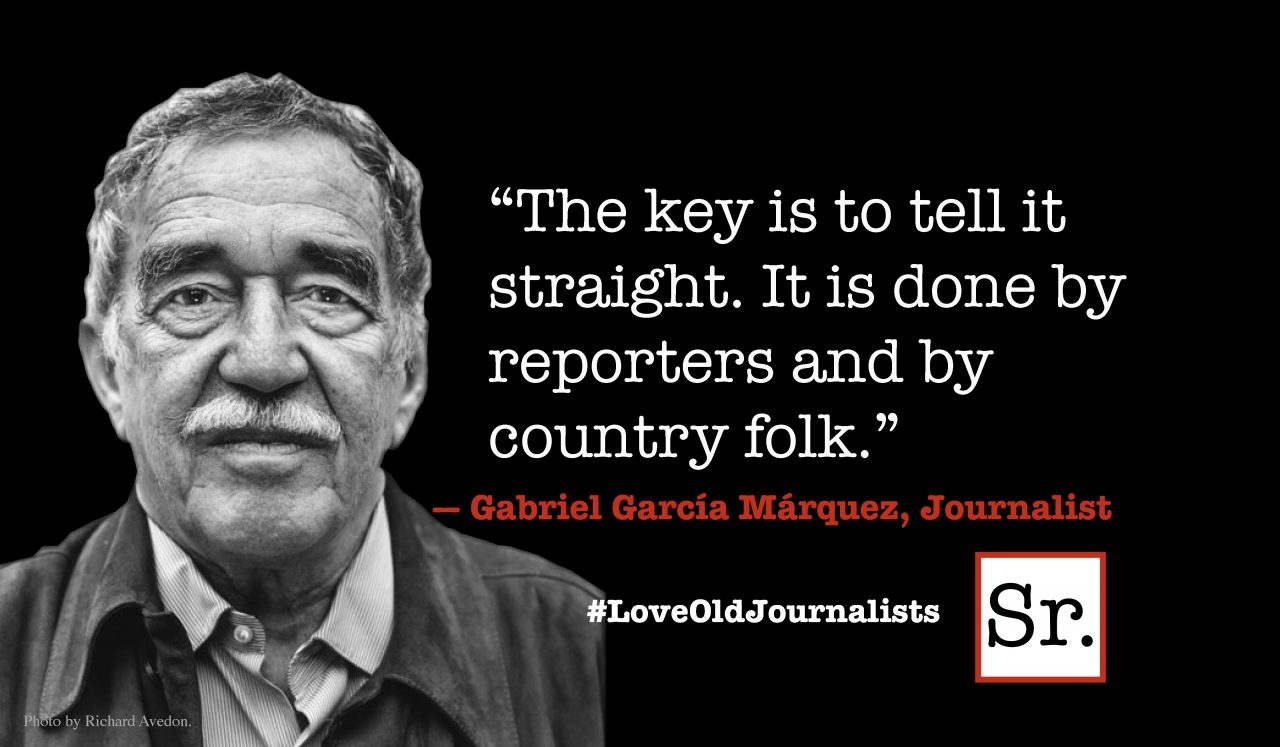"Forgiveness is the path to happiness." — "A Course in Miracles"
I led a women’s retreat last fall. The theme of the retreat was four radical spiritual practices that lead to radical joy. One of the practices is radical forgiveness.
What do you think when you think of the word “radical?" Maybe the radical protesters of the '60s: radical fundamentalists, the radical left, radical change, and these days, free radicals. The word comes from the Latin word meaning “root.” It can mean fundamental, extreme, or not ordinary.
Keeping that in mind, what would a radical spiritual practice be? Well, something that is not traditional. If we think about forgiveness, what does traditional forgiveness look like? If I think of forgiving someone, I probably start by thinking that person did something bad to me. Forgiving that person would mean releasing that person from my judgment, and releasing the hold that the transgression has on my heart.
The Bible tells me I should forgive, as do many faiths as well as secular wisdom. However, it’s not easy. I can dredge up things from long ago — a best friend who hurt my feelings, a broken promise, a forgotten invitation, a betrayal of confidence — that still sting. A few years ago, someone who was upset with me about something that was happening between us right then burst forth with complaints about things I had done as a teenager. While the accusations were valid, all I could think was, "Gosh, haven’t I improved at all in the last 40 years?"
What is the power these wrongs have over us? Why is it that I believe so strongly that forgiveness is a good idea, and yet still nurse wounds long past? I wonder if it doesn’t start with the definition of forgive.
The definitions I found focus on granting pardon, or ceasing to blame or resent. These definitions assume that a wrong has been committed. If it has been committed against me, then I must be a victim.
What if we question that assumption? What if no wrong has been committed? "A Course in Miracles" teaches that all perception of attack is based on a mistaken belief that we are separate from each other. Our whole view of the world is a creation of our egos, based in a past that isn’t real. Forgiveness is the miracle that corrects that mistake.
I can get my head around this sometimes for a few moments when I am in a very deep place of oneness. But much of the time, I am in a world of separate people who sometimes hurt my feelings or irritate me. When I am in pain, it’s hard to shift my world view to erase perceived transgressions as though they never happened.
What if I could transform them? Not by traditional forgiveness that maintains a wronged victim model, but by radical forgiveness that is based on a victimless model that leads to gratitude. Gratitude … not a word we often associate with forgiveness.
Here’s how it might work.
- First, I have to acknowledge what has happened. Tell my story and feel my feelings about it. I’ll use an example from childhood: My best friend sided with the popular kids at a party, joining them in making fun of me, and excluded me from the group. It still hurts.
- That hurt can manifest as anger and judgment, creating an obstacle to forgiveness. I can increase my suffering by trying to control what I can’t control. I might want my friend to behave differently. I might want her to be sorry. I might want her to stand up for me and tell off all those prissy little kids. The next step is to befriend my pain rather than trying to deny it. The Buddhist monk Thich Nhat Hanh teaches us to cradle our feelings like a baby.
- Once my pain is honored and soothed, I can begin to look below the feelings at the underlying facts. Is there another way to look at them? Instead of judging my friend’s actions as selfish and mean, could I consider that she wanted the same things I did — to be popular, to belong, to be liked, to be accepted, to be valued? Might some of my anger towards her mask envy because she was included and I wasn’t? When I start considering other interpretations, my heart softens and I begin to feel compassion instead of condemnation.
- We are still using the model of wronged victim, but here is where the radical part begins. Is it possible that what happened actually benefited me in some way? For me to consider this, I have to loosen my grip on my victim identity. In what way is my life better because of what happened? What comes to mind is how that event shaped my views about inclusion. I won’t claim to always be compassionate, but whenever I see anyone being left out, being teased or bullied, I don’t hesitate to stand up for that person. If I am in a group, I am more sensitive to issues of inclusion, making sure that everyone has a place at the table. As a parent, I was more attuned to these issues in the lives of my children, helping them cope if they were the targets, and imposing quick justice and education if they targeted others.
- Thinking of that long ago event in this light transforms my friend’s actions from an attack to a gift. The pain is transformed into compassion. I am transformed from a victim to a more sensitive friend, a wiser parent, a more aware person. Forgiveness is transformed into the pearl of gratitude, and gratitude leads to joy.
It is a miracle, after all. And all miracles are radical.
"You meant it for harm, but God meant it for good." — Genesis 50:20








